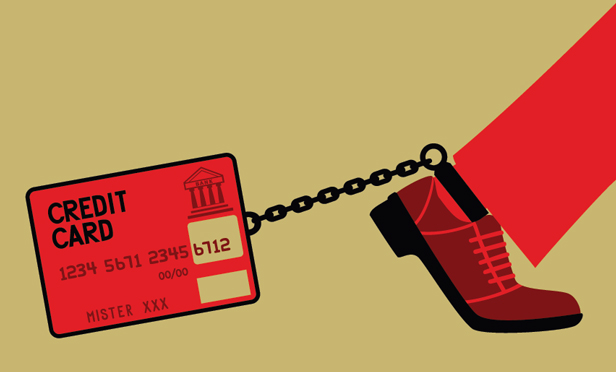Ask the average American whether failing to pay a debt can land a person in jail, and the answer will likely be “no.” But that would be wrong. Although the federal government abolished imprisonment for debt in 1833, more than one-third of the states permit incarceration of those in default of their civil obligations. Furthermore, despite the U.S. Supreme Court’s holding in Bearden v. Georgia (1983) that revoking probation for failure to honor a criminal fine or make restitution abridges due process when obligors through no fault of their own are unable to pay, the constitutional mandate is widely in the breach. Affronted by these shameful practices, several organizations have recently called for abolition of debtors’ prison in its modern incarnations. Their appeals must be heeded promptly.
In February, American Civil Liberties Union and the Brennan Center for Justice at New York University School of Law wrote to the Consumer Financial Protection Bureau regarding the misuse of civil contempt to obtain repayment of private debts.




